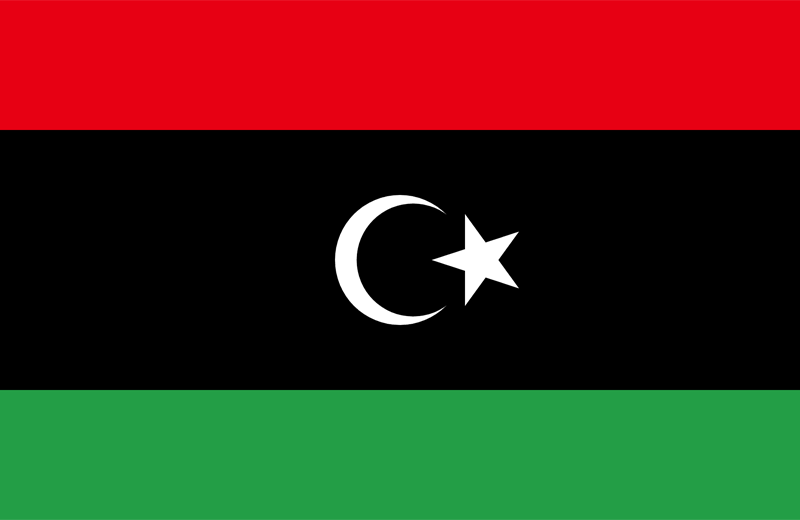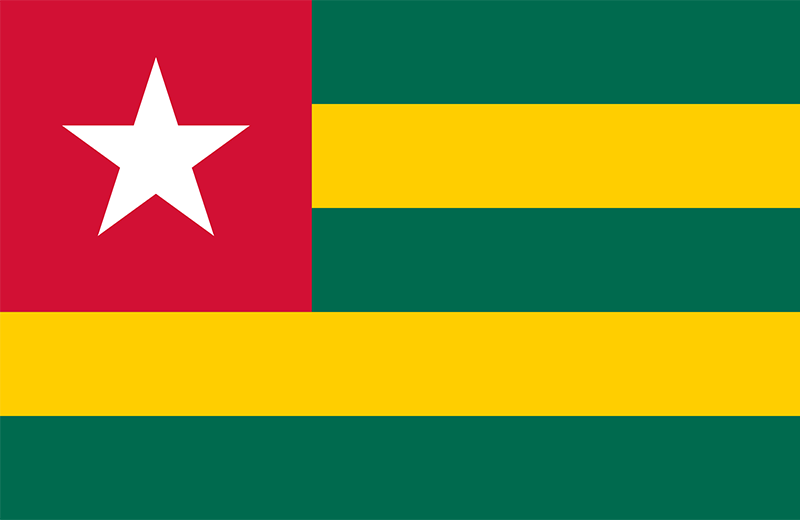Never disappointed with their service. They handle C.A.R. ECTN Certificates with professionalism and ease.
Best in the business for ECTN Certificates. Fast, efficient and always available.
How to Obtain the Central African Republic ECTN Certificate
Required Documents
-
Bill of Lading
-
Commercial Invoice
-
Customs Declaration
-
Freight Invoice (not required if the Commercial Invoice includes the freight value)
To start the certification process, share PDF copies of the required documents via sck@scktr.com. There is no need to send hard copies for the issuance of BESC certificates. Please ensure that final documents are submitted, as amendments after validation will result in a penalty fee.
What Is ECTN?
ECTN (Electronic Cargo Tracking Note) is a waiver document also known as Bordereau de Suivi Cargaison (BSC) or Loading Certificate.
These waiver certificates are recognized maritime documents detailing the cargo and its transportation between ports. CTN submission and verification at the loading port are mandatory requirements. A valid CTN is essential for import customs clearance at the port of entry. Shipments not covered by a valid CTN may be prohibited and subject to necessary fees.
The waiver includes exporter and importer details, shipping method (containerized, groupage, etc.), cargo type and value, vessel name, and freight invoice. Documents must be submitted before arrival at the port of discharge. Missing certification deadlines may result in penalties and non-issuance of the ECTN.
Frequently Asked Questions
Can the validation be issued if the final destination is changed to the Central African Republic?
Authorities’ confirmation is required if the shipment’s destination is changed after the vessel’s departure. Other document details, including package amount and weight, must remain consistent with the previous submission.
Can the same ECTN number be used for multiple shipments?
No. Each shipment requires its own unique and verified ECTN number.
Can an export declaration be used for multiple shipments?
The same declaration may only be used if all applications and submissions are completed simultaneously. Otherwise, validation will not be issued.
Is it possible to complete the process if there is a mismatch in shipment documents?
All document details must match to receive a validated certificate. If inconsistencies are identified during pre-validation, the certificate will be rejected, and you will be required to revise the documents to receive the certificate. There will be no refund until coherent documents are supplied. A penalty fee may apply for uploading new documents.
How long does it take to receive a validated ECTN certificate?
The process typically takes around one week due to strict regulations. The documents supplied must be coherent to obtain final validation. The ECTN number is created after pre-validation. Any change in information or documentation after pre-validation will result in a penalty fee.
What happens if the certificate cannot be validated within five days of receiving the ECTN reference?
You have five days after receiving the ECTN reference to forward the original Bill of Lading with place and date of issue and shipped-on-board date mentioned, signed and stamped.
Otherwise, the system will automatically cancel the certificate, and a penalty fee will apply to recover it.
Responsibility
The responsibility for obtaining the ECTN/BESC certificate lies with the shipper. Shipments without a certificate are penalized, and the shipper will be responsible for any resulting losses.
Verified Compliance Review
Reviewed by: Sadık Kocabaşa
Title: Vice President
This content is reviewed to ensure accuracy and consistency with
ECTN (CTN, BESC, BSC, BIETC, FERI, ACID, ACD) procedures, based on
current operational practices and applicable regulatory frameworks at the
time of the last update.
 Angola
Angola Benin
Benin Burkina Faso
Burkina Faso Burundi
Burundi Cameroon
Cameroon Central African R.
Central African R. Chad
Chad D. Republic of the Congo
D. Republic of the Congo Djibouti
Djibouti Egypt
Egypt Equatorial Guinea
Equatorial Guinea Gambia
Gambia Gabon
Gabon Ghana
Ghana Guinea Bissau
Guinea Bissau Guinea Conakry
Guinea Conakry Ivory Coast
Ivory Coast Republic of Congo
Republic of Congo Liberia
Liberia Libya
Libya Madagascar
Madagascar Mali
Mali Niger
Niger Nigeria
Nigeria Senegal
Senegal Sierra Leone
Sierra Leone Somalia
Somalia South Sudan
South Sudan Sudan
Sudan Togo
Togo Yemen
Yemen Cameroon
Cameroon Ghana
Ghana




